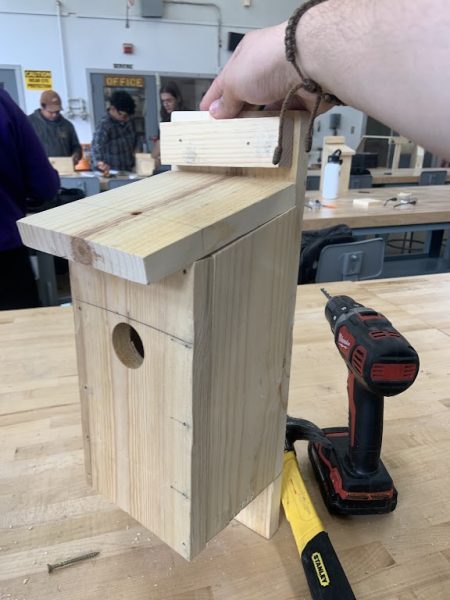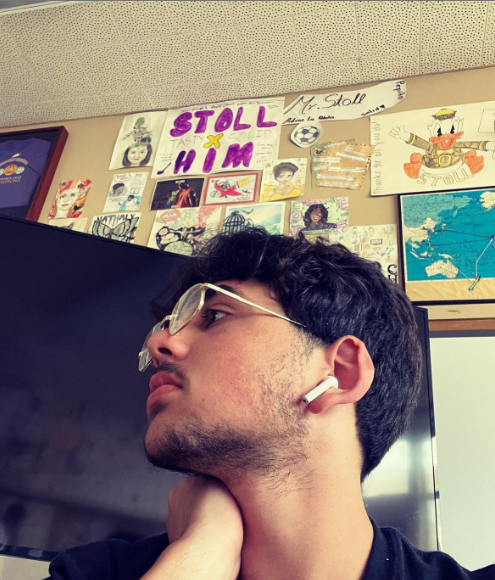Storytelling meets history seamlessly
In this class – Mythology
Image by wal_172619 from Pixabay
The world is full of mythological figures.
Myths are often described as fictional, something that never happened. Myths, although fictional, are more than just stories. They are a way ancient peoples asked the big questions of life. They also give us a clue about the culture and important values of society.
For the second year in a row, Armijo has offered a class that addresses the subject of Mythology. “The class is a one-semester course specifically for seniors. It is one of several recent options added to the curriculum. The course was offered in the first semester this year and there were three classes available, so about 100 students were able to experience it,” said Ms. Lynne Herring, who taught the class in the fall.
Myths try to answer many of life’s big questions, like: Where did the world come from? How did humanity originate? Why do people behave as they do? What happens to people after they die? Since it is a World Mythology course, the class focuses on more than cultural myths that many students are already familiar with.
“We went over some of the obvious ones from Greek and Roman mythology, but we also touched on some from other cultures including Gilgamesh from the Sumerian culture (one of the oldest stories known to humankind) and some of the Norse tales involving Sigurd,” said Ms. Herring. “We spent a lot of time going over The Hero’s Journey, which can be found in stories around the world.”
According to the Britannica Encyclopedia Student Edition, myths began as oral traditions, dramatic stories told from one generation to another, handed down. Later they were written or even made into paintings or drawings, using symbols to tell the details of the story.
“Myths have been found in countries and cultures all over the world,” Ms. Herring said. “If there had been more time (in person learning, five days a week), I would have liked to cover more of the cultures that were not delved into deeply enough, like myths of the Slavic area and myths of the Americas.”
In spite of all that has been learned by science and technology, people still have the same basic questions that have been asked by humans for centuries? Maybe myths are most useful to help ask the questions rather than being the source of the answers! And maybe being in the Mythology Class in the future can help you understand your own beliefs and understandings.

Oliver Franklin Arafelis lives in Suisun City. Has two siblings and two dogs.
During his spare time, he watches walkthroughs of Pokemon Games and...





